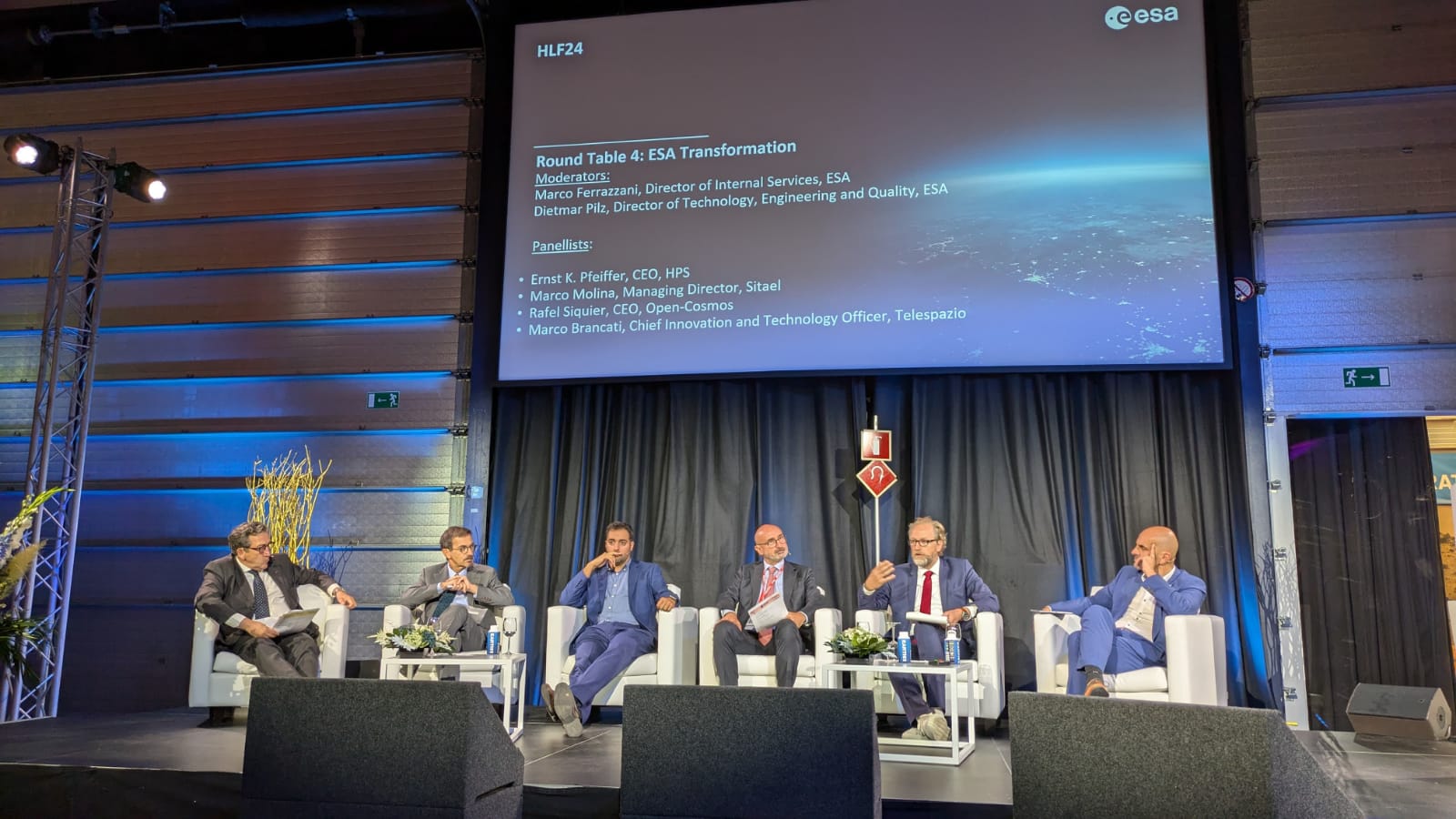November 2024
HPS Space News
German space agency chief Dr. Walther Pelzer and DLR delegation focus on visit to HPS Group
During the traditional DLR delegation round on the opening day of the Space Tech Expo in Bremen, the head of the German Space Agency at DLR, Dr. Walther Pelzer, focused his attention on SMEs in the German space industry. Special attention was paid to the innovation forge HPS. And it was represented in groups: with HPS Germany (Munich), HPS Romania (Bucharest) and the joint venture company HPtex (Münchberg, Germany).
With reference to pioneering antenna projects such as HERA and EUCLID, company boss Ernst K. Pfeiffer emphasized the leading position Germany has gained in special antennas for space missions. HPS is also positioning itself as a leader in the commercial sector with the successful ADEO braking sail project, which ensures compliance with the new 5-year rule for satellite deorbiting and thus keeps the satellites ready for launch.
In his role as spokesman for German space SMEs, Ernst Pfeiffer also took this opportunity to emphasize the enormous importance of the DLR and ESA’s capability-enhancing technology programmes for SMEs as the innovation backbone of the industry. According to Pfeiffer, the precise promotion of the technological capabilities of SMEs via dedicated competition areas reserved for SMEs is irreplaceable.
Live demonstrations, e.g. of a functional model of the ADEO brake sail or a scaled model of a deployable large antenna reflector, supplemented by product demonstrations from HPS-Romania (e.g. radiator) and from HPtex’s MESH production (e.g. Ka-band mesh sample for use in the Copernicus mission CIMR) rounded off the visit program.
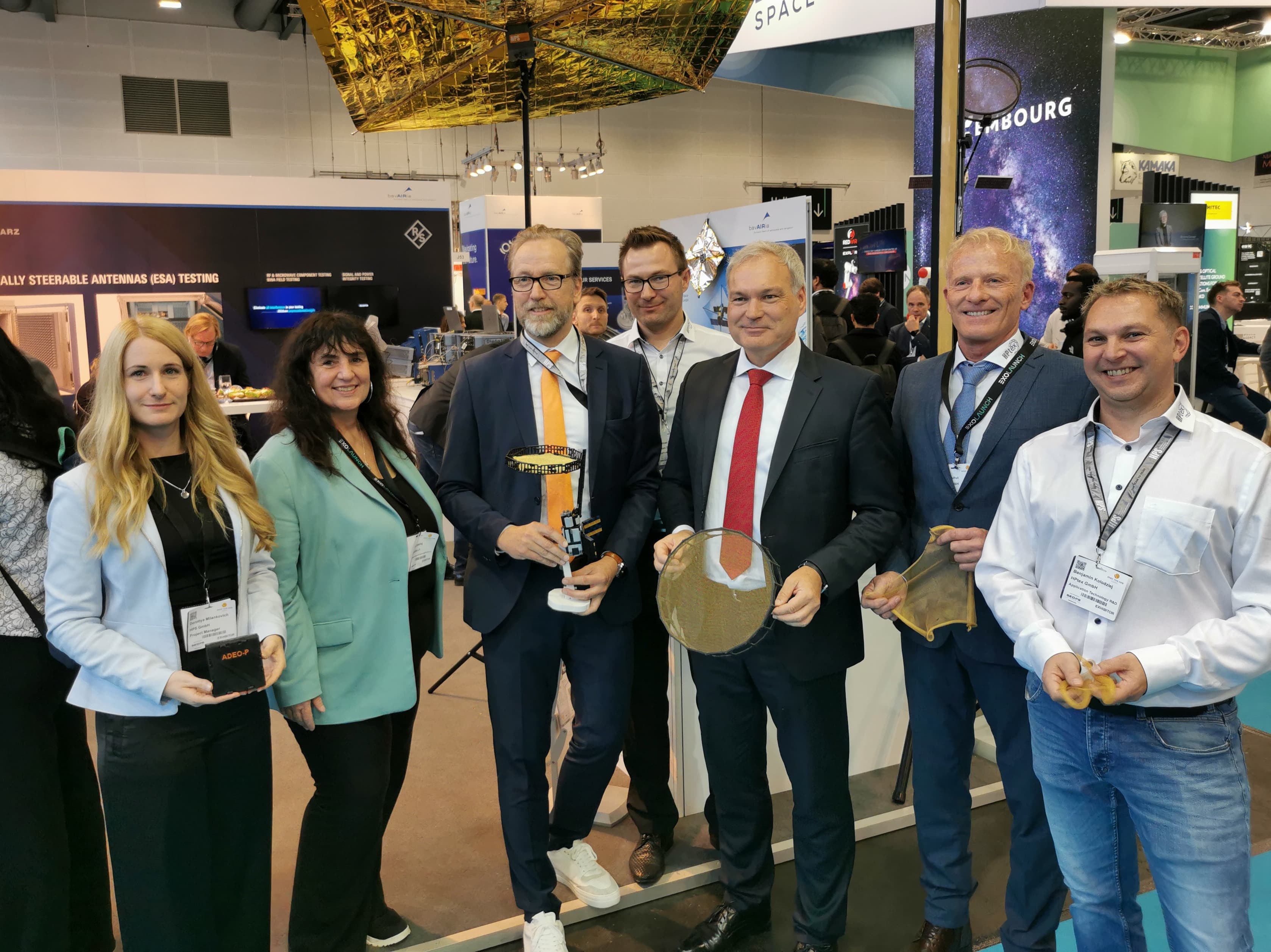
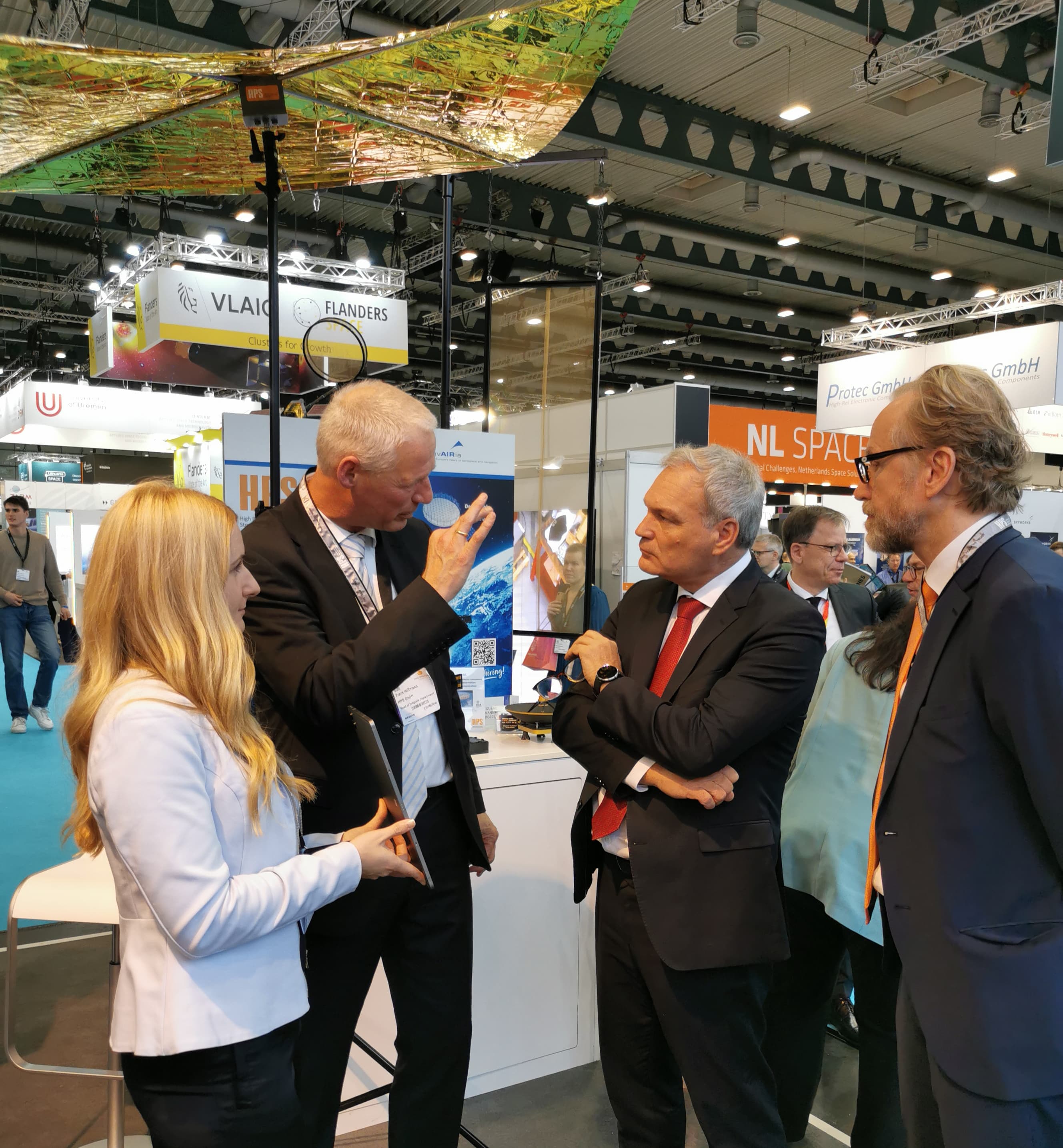
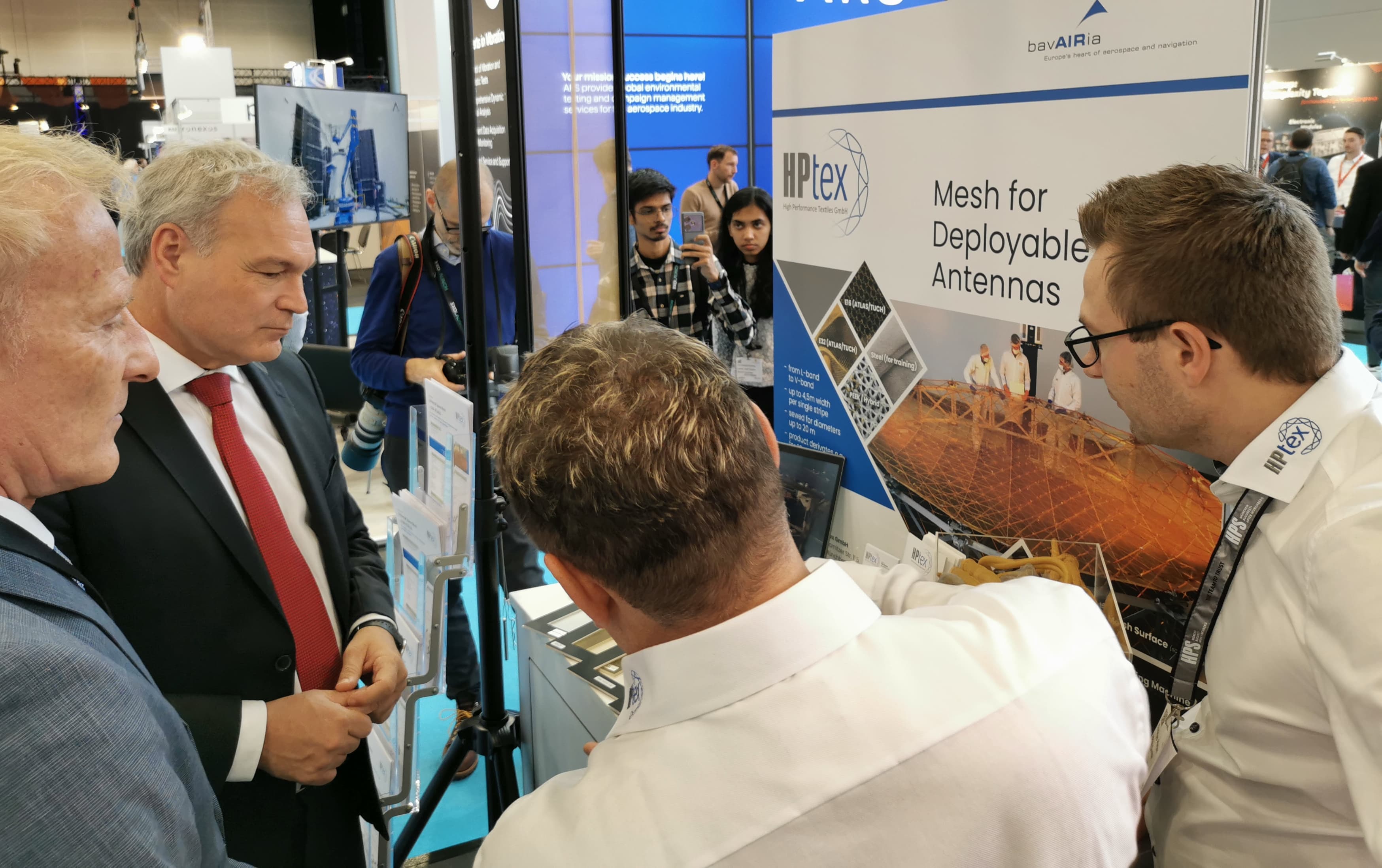
HPS at Space Tech Expo 2024
November 2024
HPS at SpaceTech Expo Bremen: Full product portfolio of the entire group of companies at the presentation area of the Bavarian space companies (booth no. J53)
In record time, SpaceTech Expo in Bremen has developed into the largest and most important space trade fair in Europe. This year’s event has over 700 exhibitors. With its rapid growth, SpaceTech Expo in Bremen is itself the best example of the rapidly increasing importance not only of space capabilities in general, but also of the young NewSpace companies that are making powerful inroads into the commercial and institutional markets for space products and services.
However, a very special role is played by those companies whose portfolio serves both the New and Classic Space sectors, thus building a bridge between the two in-house. One of the most prominent examples is the HPS Group.
This innovator in European space-tech, with its headquarters in Munich, subsidiary HPS Romania in Bucharest and joint venture partnership HPTex in Münchberg near Bayreuth, is bringing all the product evidence for this positioning to Bremen.
For example, institutional customers looking for European solutions for large deployable reflector subsystems will find them at HPS, which will ideally play a constitutive role in upcoming iconic ESA earth observation missions such as “Cryorad” and “Hydroterra”.
The heart of these subsystems is also produced in-house: HPTex GmbH weaves reflective mesh surfaces of all sizes for deployable antennas. In addition, HPTex – with its own stand in Bremen now for the first time – even produces stainless steel mesh for training purposes for customers from all over the world.
Two representatives from Bucharest will also be present in Bremen; the main focus here will be on secondary structures, thermal hardware (MLI, thermal straps, radiators), MGSE and purge equipment. All products are scalable for large missions as well as for small satellites and cubesat missions.
However, literally “floating” above the overall portfolio of the HPS presence in Bremen is the star product of HPS, which is currently causing a worldwide sensation like no other, especially interesting for customers from the NewSpace scene: ADEO, the brake sail for the automatic controlled deorbiting of disused satellites of almost any size at the end of their mission. The reason for the ADEO hype is as simple as it is obvious: without technical equipment to guarantee a deorbit limited to a maximum of 5 years, satellites will no longer receive approval for launch on LEO. One technical option is the “manually controlled” descent. However, in addition to considerable personnel resources, it also consumes up to 60 percent of the fuel that should actually keep the satellite in orbit for as long as possible so that it can earn its money in the first place. The other option is to install a deployable brake sail on the satellite at the end of the mission, which then automatically brings its host “home”. The industrial world market leader for this technology on all continents is HPS from Munich; a live demonstration of the deployment of a PICO-class ADEO will take place at SpaceTech Expo at a date yet to be determined. This could be a highlight for all interested new customers. The flood of inquiries about prices and interfaces speaks volumes.
HPS CEO Ernst K. Pfeiffer himself will be on site for the entire duration of the trade fair alongside the management level of the group from Romania and Germany; he has a firm opinion on the event both as the company boss and as a spokesperson for SMEs in the industry, represented by the AKRK and the “Best of Space” association: “Europe’s non-dependence and sovereignty through its space industry is more important than ever before, especially after the presidential election in the USA. What we will see here in Bremen is the antithesis to the far too widespread phlegm of a bureaucratized industry and to the “we can’t do anything anyway” attitude that has been creeping in for some years now: fresh ideas, brashly and cheekily driven forward – that’s what space travel needs, including the “Made in Germany” seal. NewSpace and Classic Space are mutually dependent and stimulate each other, because even the most disruptive developments need to be anchored in the familiar and proven. This is also what we at the HPS Group stand for.”
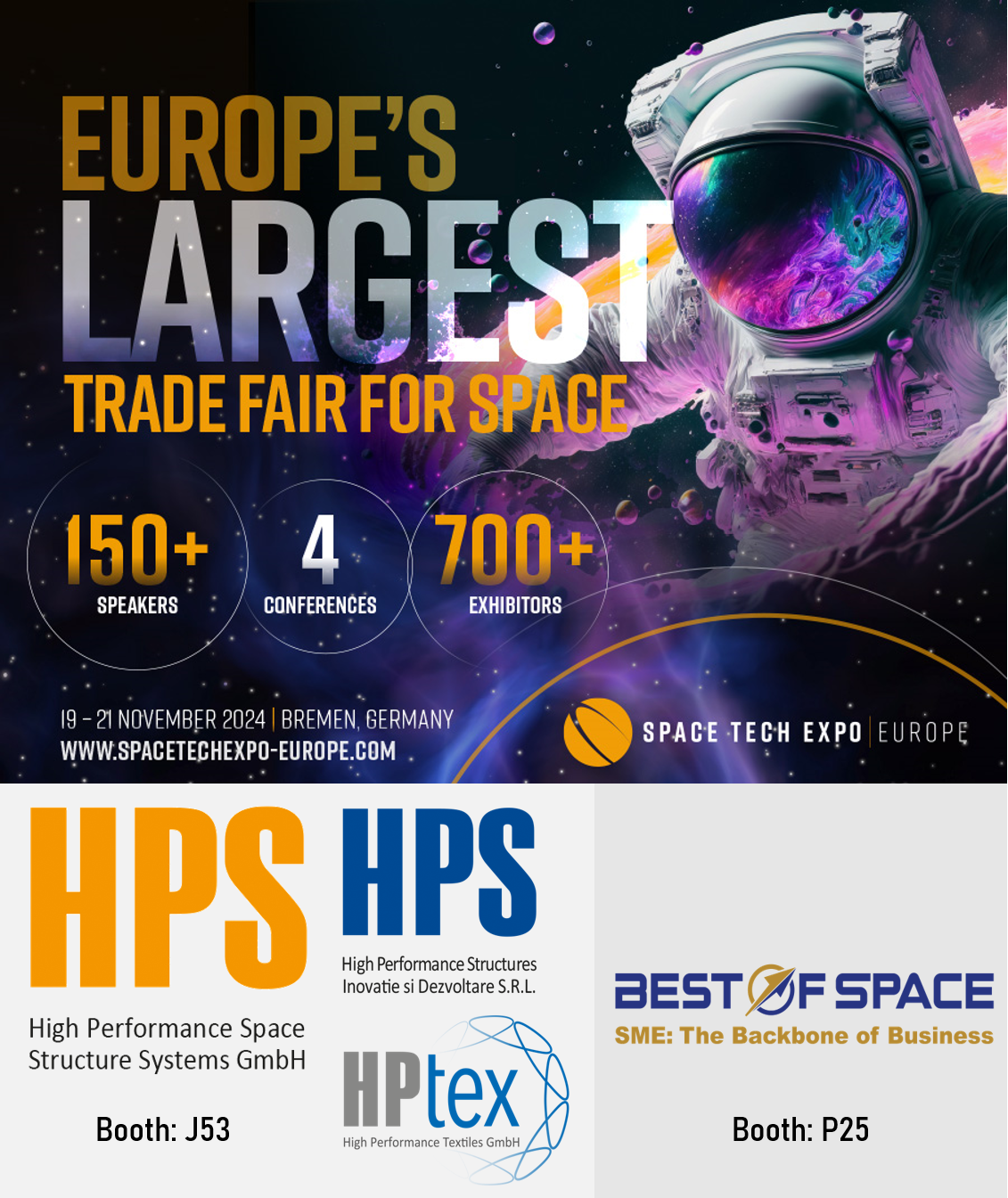
November 2024
New laboratory for mesh research at HPS
The Munich-based space technology company HPS is a joint venture partner of Iprotex-GmbH; both are equally involved in the joint company HPTEX in Münchberg near Bayreuth. This is where the flexible reflector material “MESH” is tailor-made and of the highest consistent quality for applications such as small and large deployable space antennas.
The market for mesh is divided among a small number of players worldwide. To survive here, continuous development is an essential prerequisite. HPS has therefore recently set up its own mesh research laboratory at its Munich headquarters on Hofmannstrasse. The initial team of two specialists is currently being expanded to include a further engineering position. The initial equipment of the laboratory for the further development and optimization of HPTEX mesh has already cost HPS 50,000 euros; among other things, investments were made in a mesh tension jig (stretch test rig) including an HD camera system. In addition, for yet another 50k euros the whole basement-area of the HPS building has been improved to host capacities for assembly work on ADEO brakesails in serial production.
Customized service is a top priority at HPS, so the new laboratory also carries out contract research, e.g. in a project called VMESH, in which a mesh for the very high frequencies in the V-band is being developed. The laboratory’s ability to carry out multiple iterated processes to measure the stretchability of antenna meshes is also unique on the market.
In addition, HPS is Europe’s only supplier of large deployable antenna subsystems with its own mesh production. The company’s flagship project is the ESA Copernicus Mission CIMR. HPTEX also serves customers from all over the world, including Europe, the USA, the United Arab Emirates, South Korea, Singapore and Taiwan, with the support of the new laboratory at HPS. The mesh is manufactured at HPTEX itself.
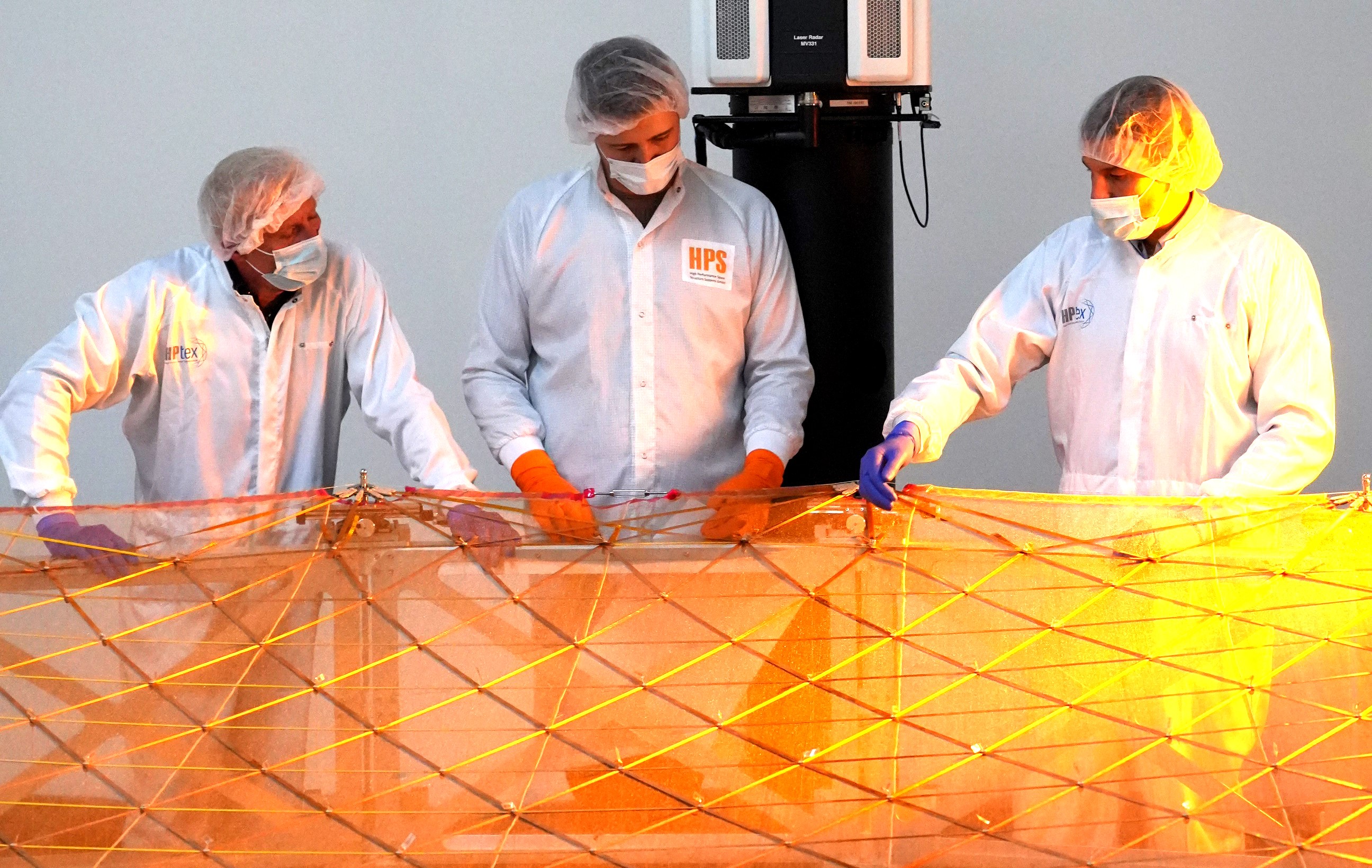
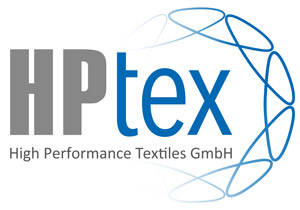
October 2024
Clean Space Days der ESA im Oktober: ADEO aus dem Hause HPS im Fokus
In 2024, the ESA’s Clean Space Team once again invited participants to the continuation of the past Clean Space Days.
The four-day event will focus on progress in the areas of eco-design, zero debris and in-orbit maintenance.
The calendar of presentations in 2024 will highlight these topics, among others:
- Life cycle assessment for space activities
- Deorbit technologies
- Debris disposal
- Disturbance-free skies for astronomy
- IOS missions
- Circular economy for space travel
While some presentations tended to highlight ideas and technical concepts in statu nascendi, HPS manager Frank Hoffmann presented the ADEO product family, which is already successful on the European and, more recently, North American markets: Deorbit sail technology for automatic self-disposal of the satellite at the end of the mission.
The ADEO system offers a suitably customized solution for every class of spacecraft, whether as a “Pico” (1-20 kg), “Cube” (5-50 kg), “Nano” (20-250 kg), “Medium” (100-700 kg) or even “Large” (500-1500 kg). To ensure that satellite manufacturers are supplied without delay, all orders are handled by HPS directly from series production wherever possible.
Due to the fact that the requirement to carry a suitable disposal system such as ADEO is a prerequisite for launch authorization for practically all satellites from October 2024, longer delivery times are possible and can be largely avoided by ordering early.
The Clean Space Days will come to an end at the end of the week, but the saying “after the event is before the event” also applies to this successful European space event.
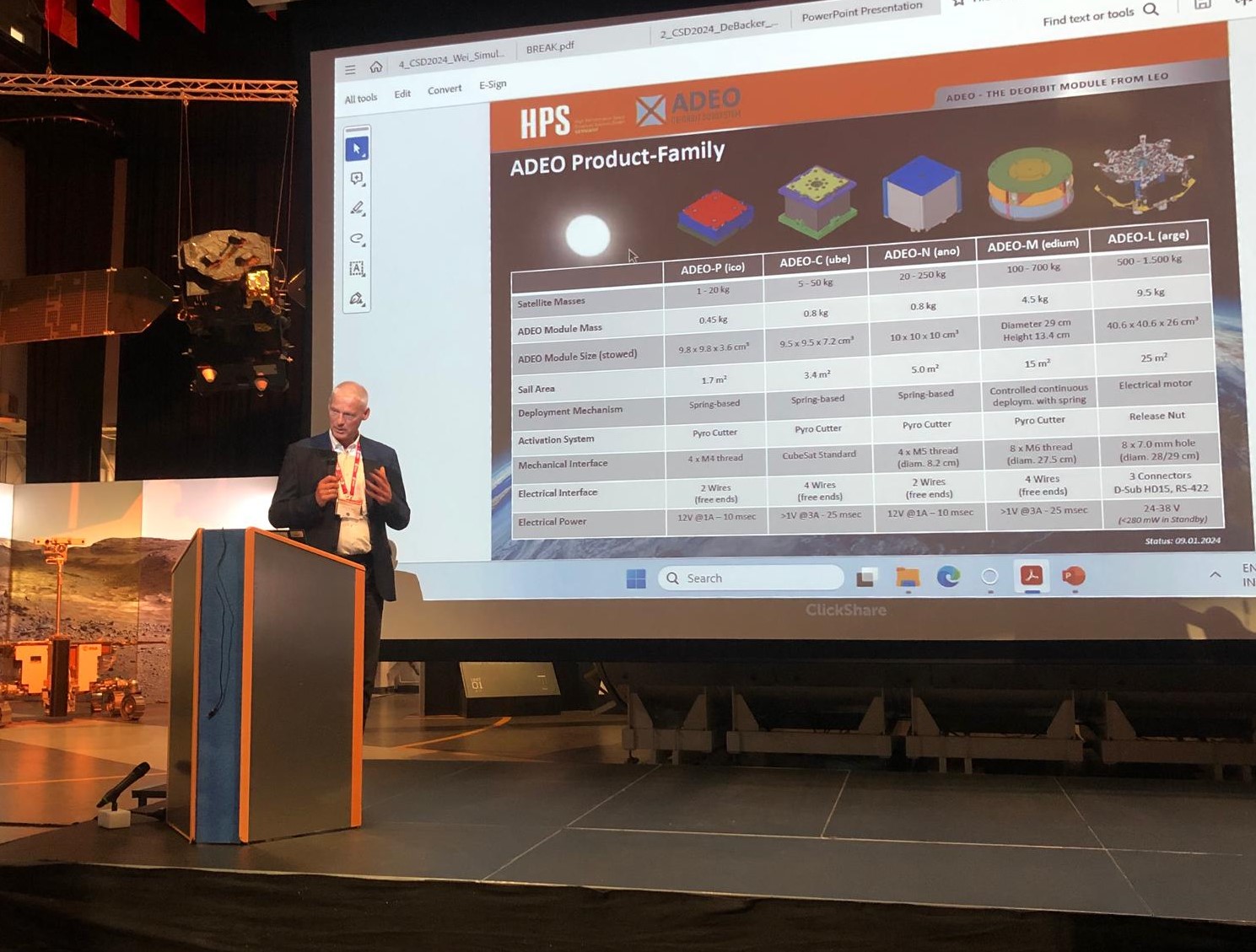
October 2024
HERA on its way: Europe writing the next chapter of space history with HPS antenna
On Monday, October 7, 2024, the mission that will put Europe ahead of science fiction was launched in Cape Canaveral, Florida, on board a SpaceX Falcon 9 with the HERA satellite. After around three years of flight into deep space, the satellite will begin in 2027 to precisely document the consequences of the impact of the American DART mission to deflect the trajectory of the asteroid Dimorphos.
A central element of the HERA satellite is the X-band system from the German antenna specialist HPS (Munich): a complete antenna with a diameter of 1.2 meters made of highly stable carbon fibres, high eigenfrequenz with good reflectivity and also extremely low weight. For HPS, with its experience from major antenna projects such as the Euclid (ESA, direct client TAS-SP) and Heinrich-Hertz (DLR, direct client TESAT/OHB) missions, the antenna is proven technological terrain. Nevertheless, as the only link for scientific data between the satellite and the earth, the HPS antenna plays an enormously important role for the entire mission.
With a total mass of just 7.5 kg, it is basically a scaled-up version of the model that HPS built for ESA’s Euclid observatory, which already operates 1.5 million km from Earth. However, Hera’s antenna will have to cover much greater distances than Euclid, as it will transmit and receive over a maximum of 400 million km. To accomplish this, HPS’s high gain antenna amplifies its signal by more than 4000 times to reach Earth, focused to just half a degree, so that the entire spacecraft moves to align with its home planet.
For the flight and mission, the high-gain antenna is mounted on the outside of the spacecraft. There, it is thermally insulated from the extreme temperatures in space with a Kapton germanium sunshield, while the radio waves continue to pass through. “As engineers, we are known for staying focused on the facts and cool as Mr. Spock when dealing with the challenges facing our technology; but when the time actually comes for Europe to write space history with our antenna, then we too can be very proud and emotional,” said Ernst K. Pfeiffer, CEO of HPS.
Also, HPS-CTO Paolo Zolla was moved when he witnessed the launch live at Vandenburg Spaceport, California: “The launch was thrilling since our arrival in Florida, when the police officer at the airport told us a big hurricane will come soon. On launch day, it was raining really hard and the wind was blowing super strong. We thought the launch might get canceled. But then, just a few minutes before it was time to go, the rain stopped and the wind calmed down. The launch director said, ‘We’re good to go!’
The Falcon 9’s liftoff was a dramatic sight. Its nine engines ignited, slowly lifting the rocket before it rapidly accelerated, leaving a trail of flame and smoke. The ground rumbled as the rocket soared into the sky. Watching it disappear over the clouds, with the HERA spacecraft and ‘our’ antenna aboard, left a lasting impression—a mix of pride and the feeling of being part of an extraordinary mission.”
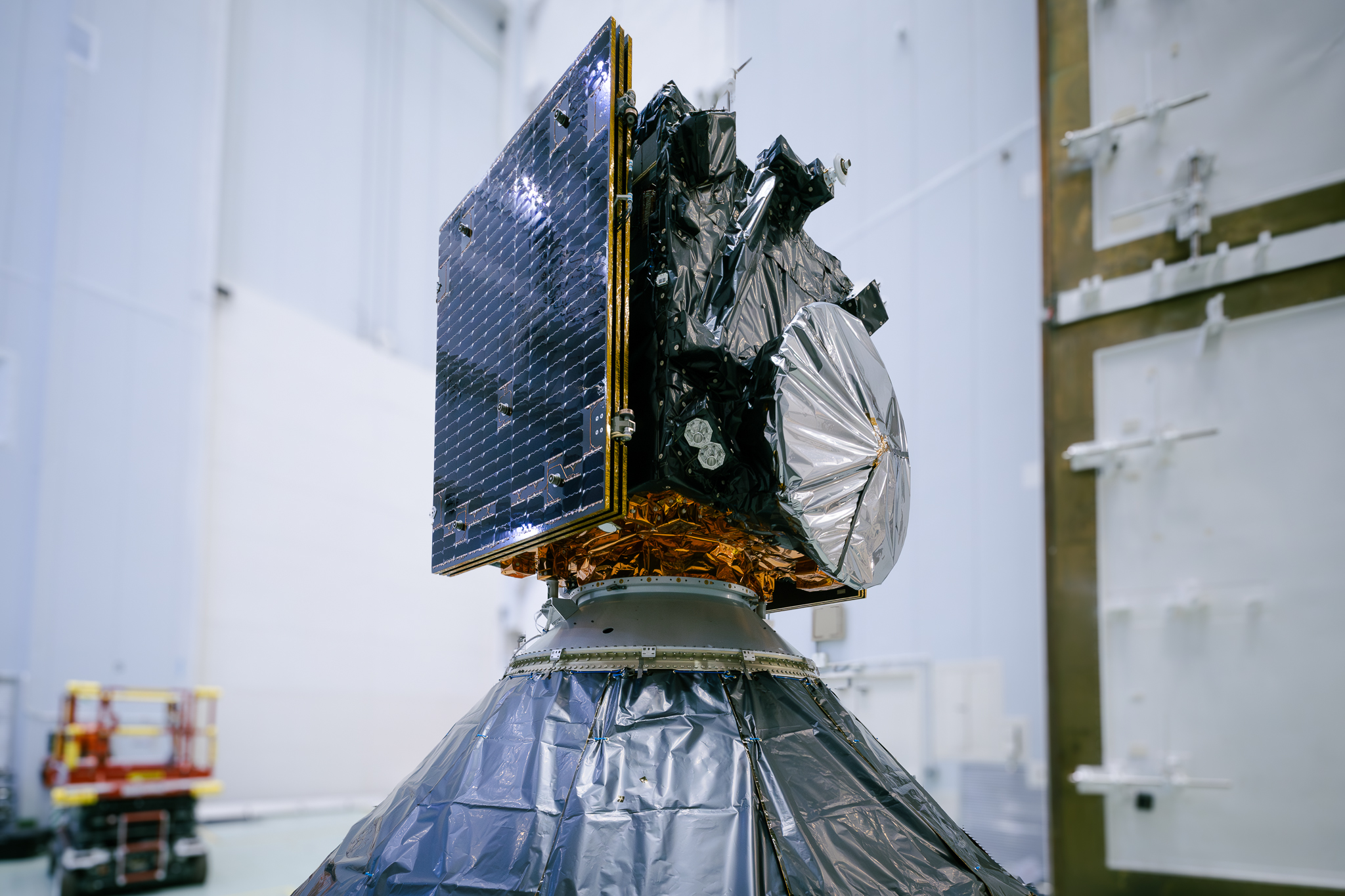
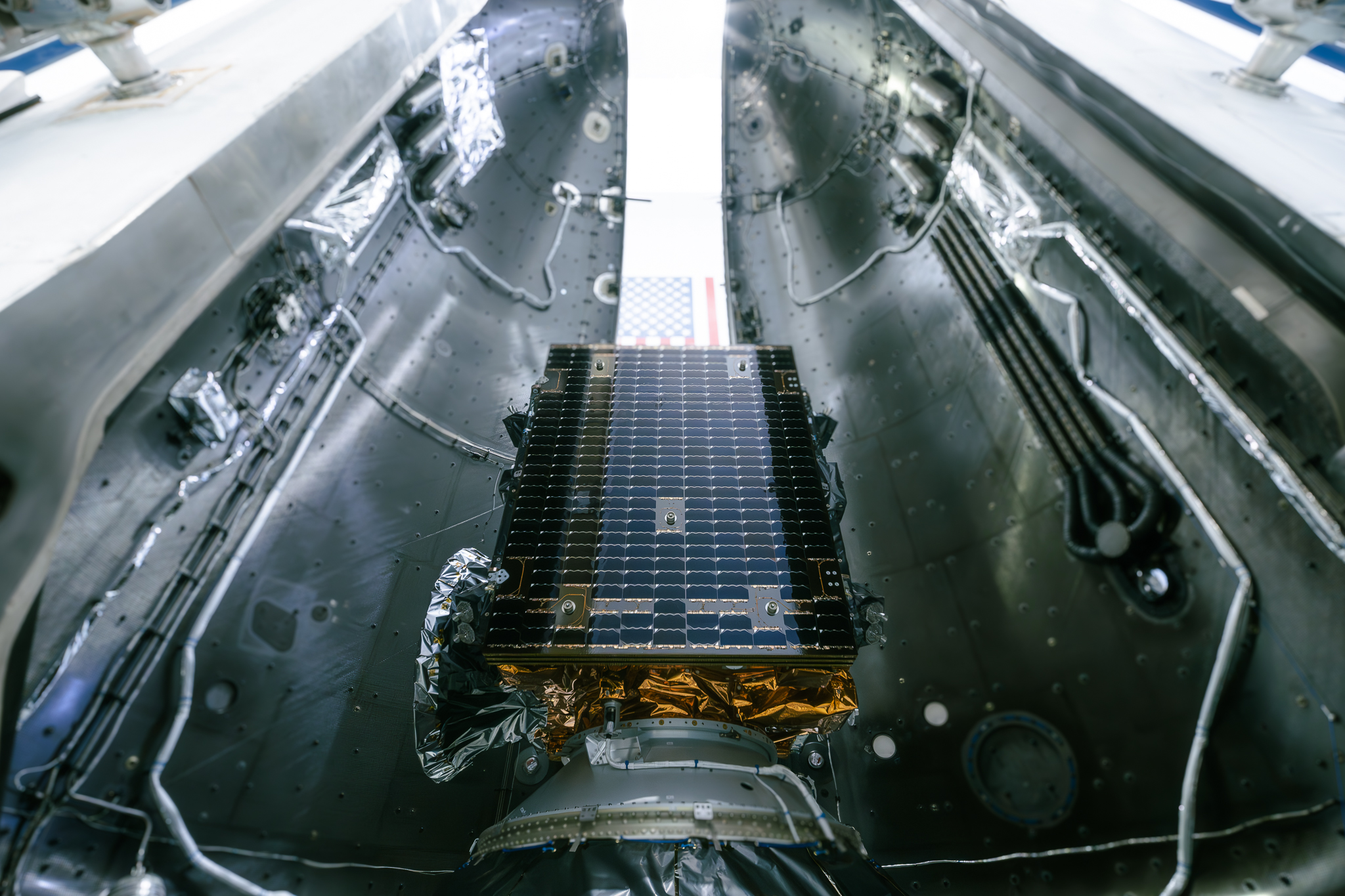
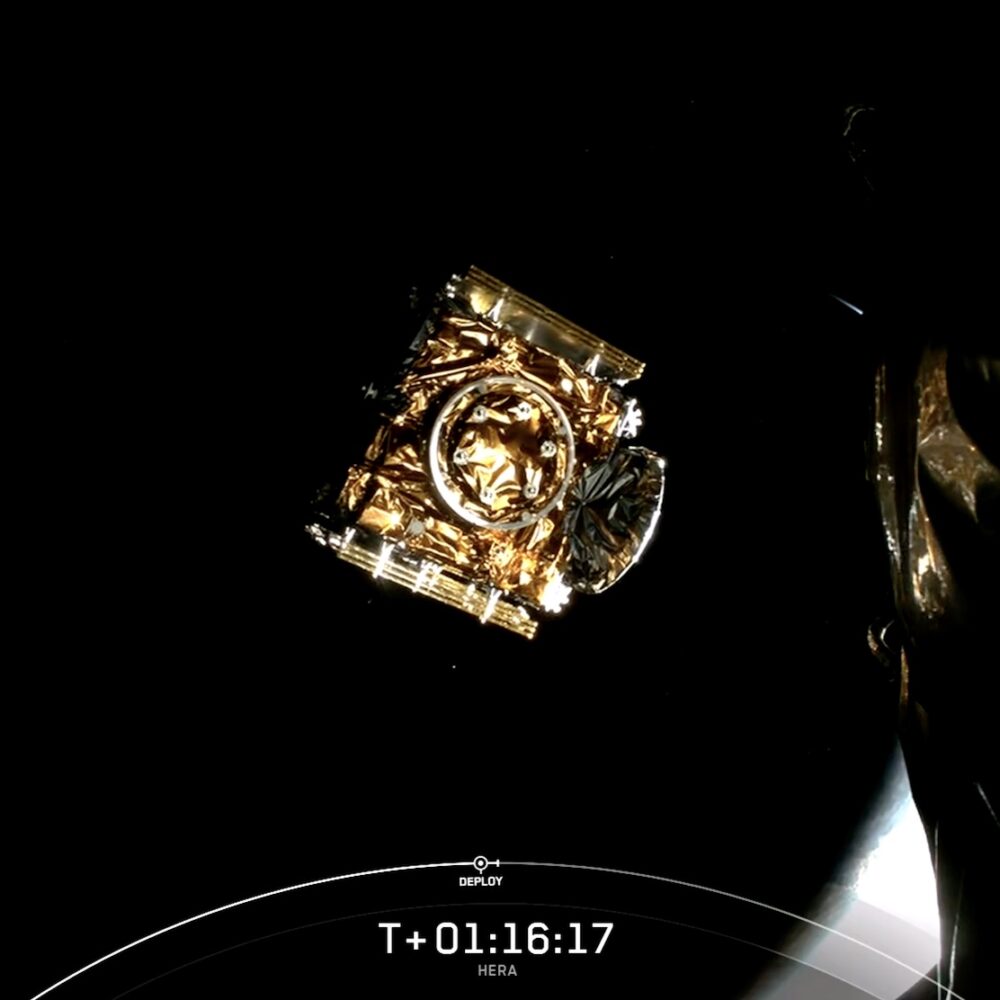
Oktober 2024
HPS Prominently Present at the IAC in Milano
Participating in the International Astronautical Congress, IAC, has developed into a good tradition at HPS over many years. This year, the company will be represented by Ernst K. Pfeiffer, CEO, together with ADEO project manager Mrs. Dorittya Milankowitch from HPS Munich and Horatiu Gheorghe as IAC-contact point for HPS Bucharest with products like secondary structures, thermal hardware and purging equipment. The HPS-team will keep up full presence during all five days of this international event.
Special highlights will be the company presentations; they are going to take place on Friday, 18th, from 10.15 to 10.45 a.m., and also as part of the Company Slam at the booth of the German association BDLI on Tuesday from 13.15 to 13.45 p.m..
Focus of both presentations will be on the product family of the ADEO deorbit sailsystem for automatic disposal of satellites after their end of mission, serving the idea of clean space, sustainability and debris avoidance even from the beginning of the satellite´s journey.
Main products besides ADEO to be asked at our booth: reflector antennas, deployable antennas, large deployable reflector subsystems, mesh, thermal hardware, purging equipment. HPS will warmly welcome there all its customers from both worlds: classic and NewSpace. For a dedicated prearranged business meeting please send a message to Contact@hps-gmbh.com.
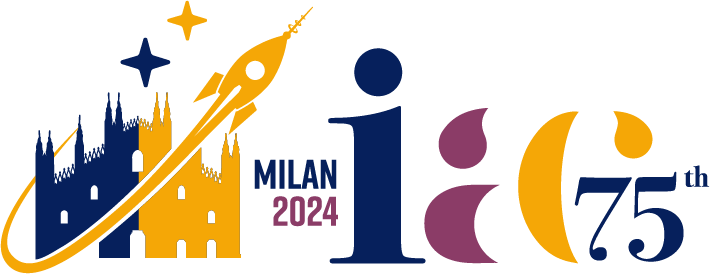
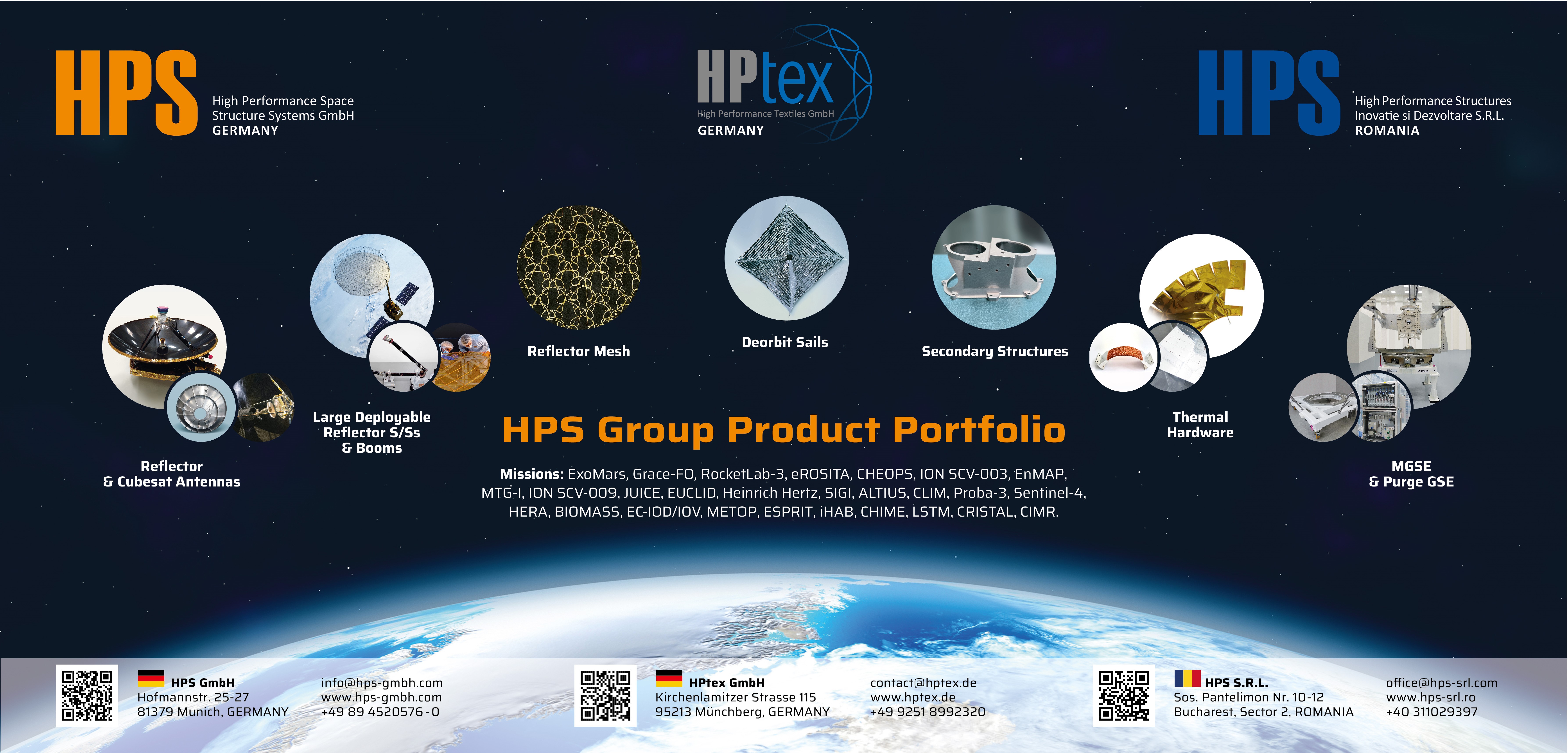
Oktober 2024
Innovative BANT-1 reflector antenna from HPS for Reflex: exemplary symbiosis of NewSpace and established space-SME
NewSpace – this means, among other things, speed in development, production and provision, paired with innovative versatility as a leitmotif for the performance of the product. A current example of this is the broadband reflector antenna developed for the new Reflex Aerospace satellite by space SME HPS GmbH (Munich, Germany) with a broadband spiral as an axial feed. The primary development goal was to achieve a large bandwidth and considerable gain while at the same time limiting the time from order to delivery to the customer to just 12 months. The antenna consists of a prime focus reflector with a diameter of 700 mm and an f/D ratio of 0.32, which is fed by a compact ultra-wideband cavity-backed spiral (CBS).
HPS thus succeeded in meeting all customer expectations in terms of performance, price, and timing while adhering to best practices and strict quality management; the project can serve as a striking example of an exemplary symbiosis between NewSpace and established space SMEs towards “NextSpace”.
The Reflex satellite will be launched on board a Falcon9 as part of a SpaceX rideshare 12 mission.
Picture:
Satellite “SIGI” by REFLEX AEROSPACE with integrated reflector Antenna “BANT”, supplied by HPS Munich, ready for transport to the launchpad in the U.S. (left: Ernst K. Pfeiffer, CEO HPS, right:Walter Ballheimer, CEO REFLEX AEROSPACE, visit as of September 30th, 2024)
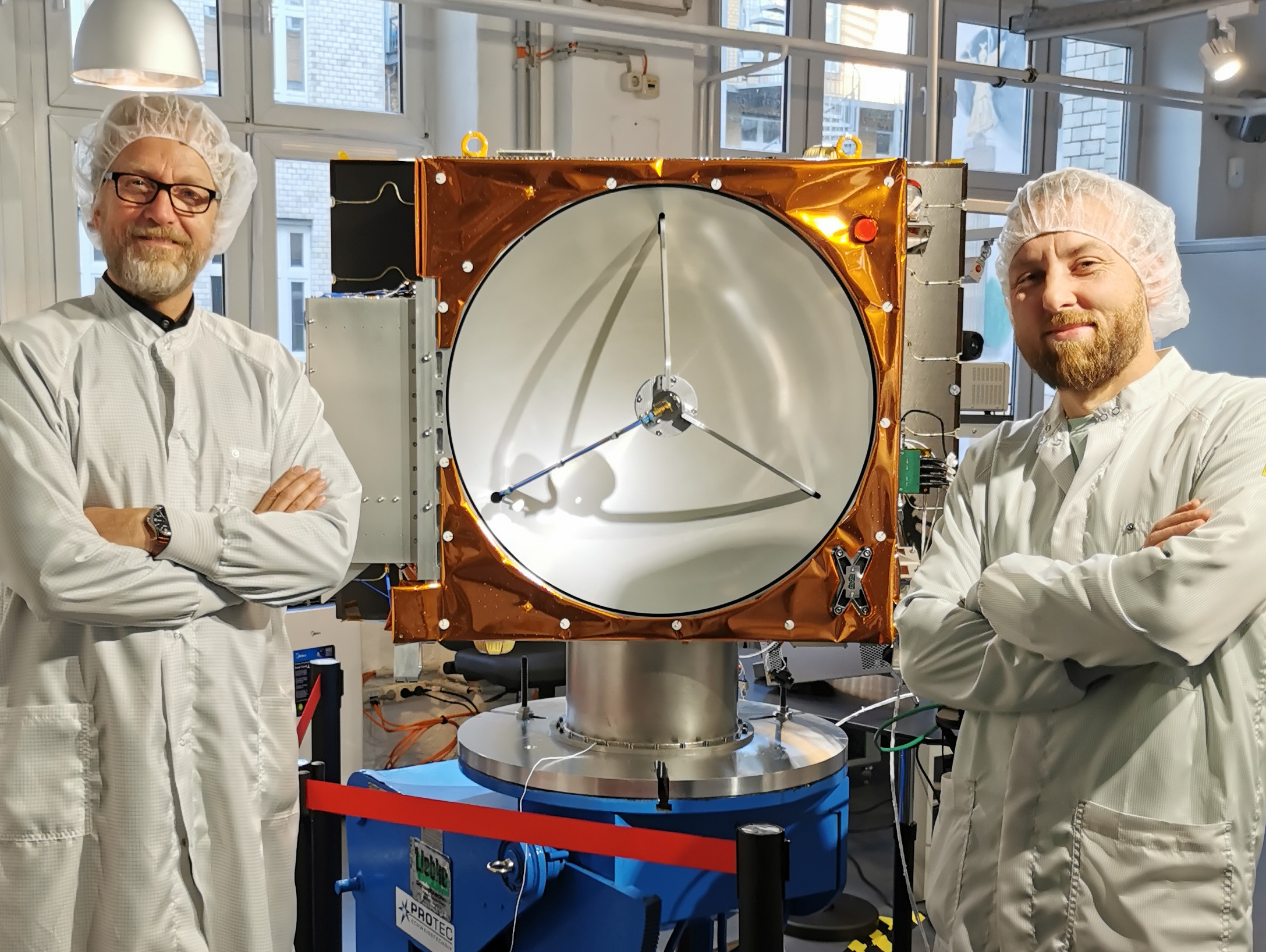
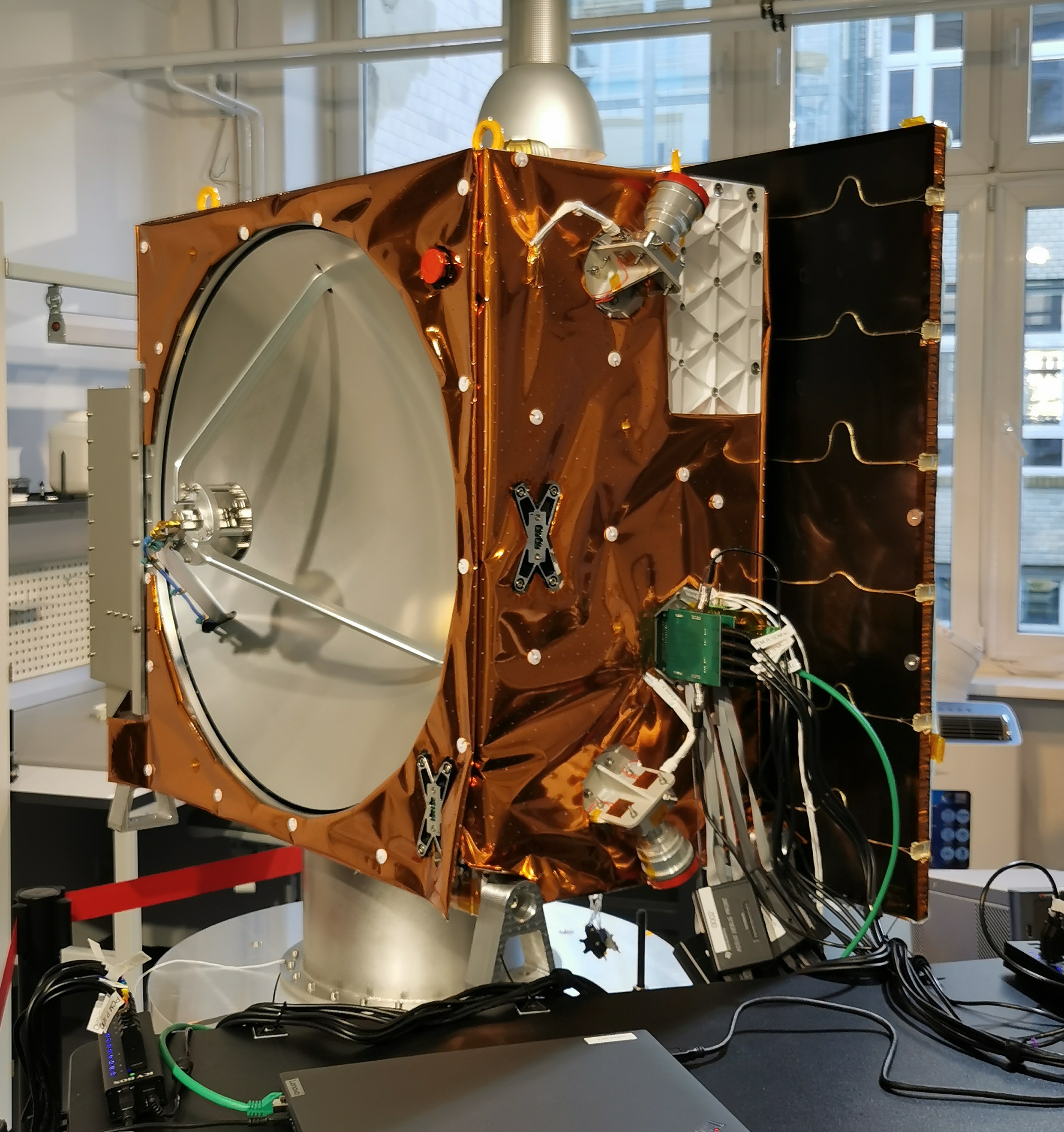
September 2024
ADEO Pico: The smallest dragsail gains a foothold in the largest market
Deorbit Technology from HPS
With the ink now drying under the contract for a PICO-class satellite deorbit device from the ADEO dragsail family of HPS, the Munich-based space technology company is now also setting foot on North American soil: After careful consideration of the alternatives, the Canadian company StarSpec Technologies decided in favor of the system for integration on their InspireSAT 12U ADCS MVP satellite, to be launched in 2026.
The ADEO-P was purchased at the beginning of July. The integration will be carried out by the experts in 2025. The satellite is planned to be launched in 2026 aboard a Falcon9 as part of the Transporter-17 SmallSat Rideshire mission from the Vandenburg Space Force Base in the USA. At the end of the mission, the dragsail will be deployed to a size of 1.4 m2 and automatically dispose of the satellite within the now obligatory period of less than five years. The satellite will burn up in the atmosphere without leaving any residue.
This initiative promotes StarSpec’s high precision space-qualified ADCS components, including sub-arcsecond precision star cameras, cogless reaction wheels, and ultra-high-bandwidth controllers, providing 100x the precision and imaging quality for LEO imaging satellite.
Jason Brown, Mechanical & Technology Lead, commented on the key factors leading to the selection of the ADEO-P for InspireSAT: “A primary mandate of InspireSAT is to provide high performance in-orbit capabilities in a way that does not compromise and strongly maintains the continued and future utility of LEO. We are delighted to have HPS, a proven high-tech specialist in the international space industry, at our side, allowing StarSpec Technologies to maintain its sustainable and orbit-conscious approach to space in a way that maintains focus on the successful demonstration of our transformative state-of-the-art ADCS. Thanks HPS!”
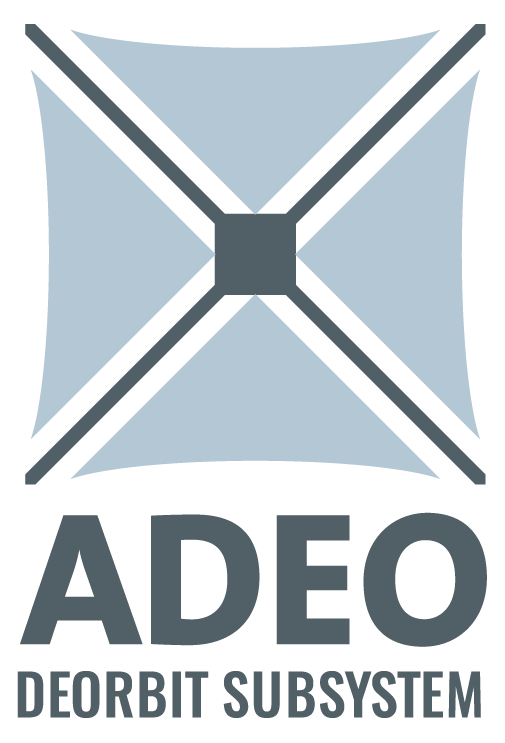
September 2024
HPS with prominent presentation of its whole corporate group at Industry Space Days
Major industry events cast their shadows ahead: The ESA Industry Space Days 2024 will once again take place at the headquarters of the Technology Center of Europe’s space agency ESA in Nordwijk, the Netherlands, from 18 to 19 September 2024. The ISD is organized by the SME Office in the ESA Directorate of Commercialisation, Industry and Competitiveness to foster cooperation between different actors in the entire space sector.
Key elements of the event include:
➔ pre-scheduled 1-on-1 meetings to establish new contacts in an efficient and time-saving manner
➔ an exhibition with ESA and industry booths and the possibility to engage with future partners
➔ keynotes and panel discussions with contributions by ESA, industry, investors and institutional partners
➔ ESA presentations and workshops about business opportunities and future activities.
Once again this year, the European HPS Group will be among the most prominent participants in the event from the space sector of the medium-sized innovation industry. At stand number B25, the Bucharest based specialists from HPS Romania and HPTex GmbH from Münchberg near Bayreuth will be represented under the umbrella of the Munich headquartered HPS – High Performance Space Structure Systems GmbH.
The range of products presented is just as much a testament to the importance that HPS attaches to this industry event as the high-ranking line-up: CEO Dr. Ernst K. Pfeiffer will represent the entire group of companies, Managing Director Astrid Draguleanu will represent HPS Romania and Stefan Bedrich, Head of the Antennas and Structures Department at HPS Munich, will be responsible for large parts of the product portfolio.
At this year’s ISD event, the group of companies will place a particular emphasis on small antennas designed for small missions, alongside HPS’s expertise in deployable antennas.
HPS will also showcase the products of its subsidiary HPTex GmbH, which specializes in weaving reflective mesh suitable for deployable antennas of various sizes and can manufacture stainless steel mesh for the training needs of clients globally.
Meanwhile, at its Bucharest location the HPS Romania primarily produces metal antennas (including 3D printed), secondary structures, thermal hardware (MLI, thermal straps, radiators), MGSE and purge equipment.
All products are designed to be scalable, catering to both large missions and smaller satellites, including cubesat missions.
Nevertheless, the primary focus of HPS at the Industry Space Days 2024 is undeniably on its flagship product, ADEO. This innovative brake sail is generating extraordinary global interest, as it facilitates the automatic and orderly deorbiting of disused satellites of nearly any size, at the end of their missions. ADEO meets all current requirements, essential for obtaining launch authorization on a rocket.
Ernst K. Pfeiffer, who will also be taking part in discussions and meetings in Nordwijk in his other role as spokesperson for the German Space SMEs Association, is looking forward to the wealth of opportunities to focus on personal contact during the two days of the event. He will further expand his own network of customers, suppliers, partners and representatives such as employees from ESA and other institutions and he will promote the strength and power of SME in general and their contribution to the currently happening ESA Transformation.
“For us at HPS, the ESA Industry Space Days are always a very special event highlight. We are delighted to be part of it and would like to thank ESA and all those who plan and set up the event for their commitment.”
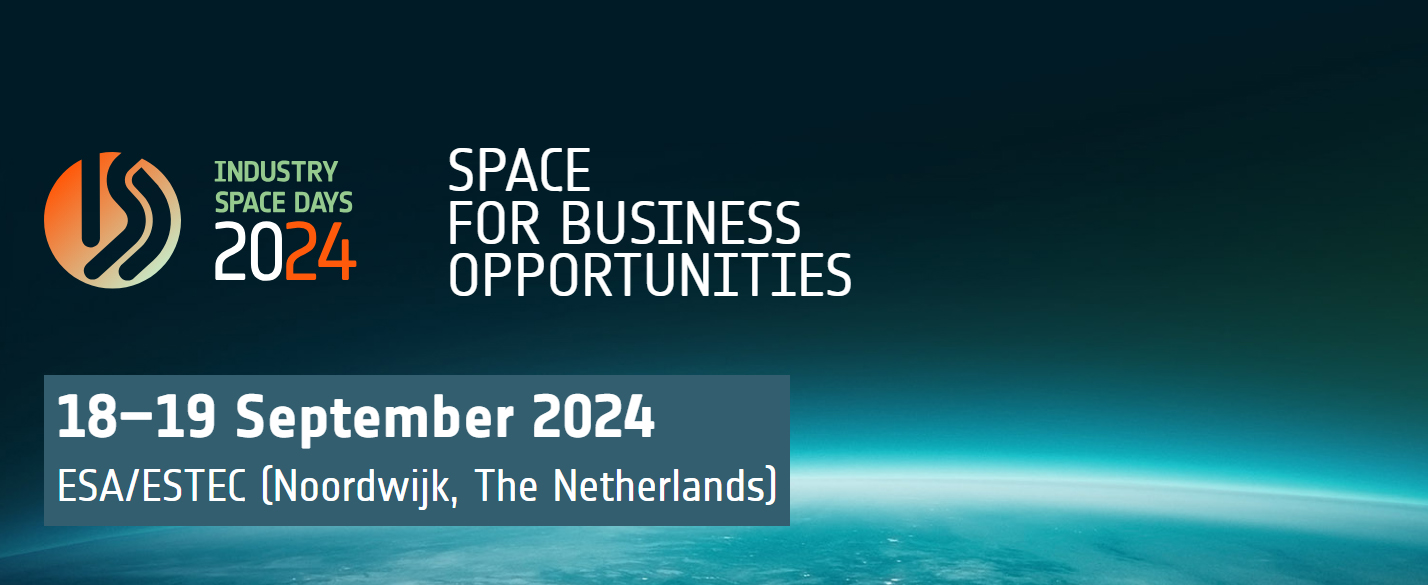

September 2024
Suggestions for ESA Transformation by CEO HPS – HLF 2024
Contribution by Ernst K. Pfeiffer: 7 Points Plan (CEO HPS GmbH and Speaker AKRK German SME). This paper has been created AFTER the HLF-event, taking the handwritten notes prepared BEFORE the event.
Noordwijk, ESA/ESTEC | 10. September 2024

